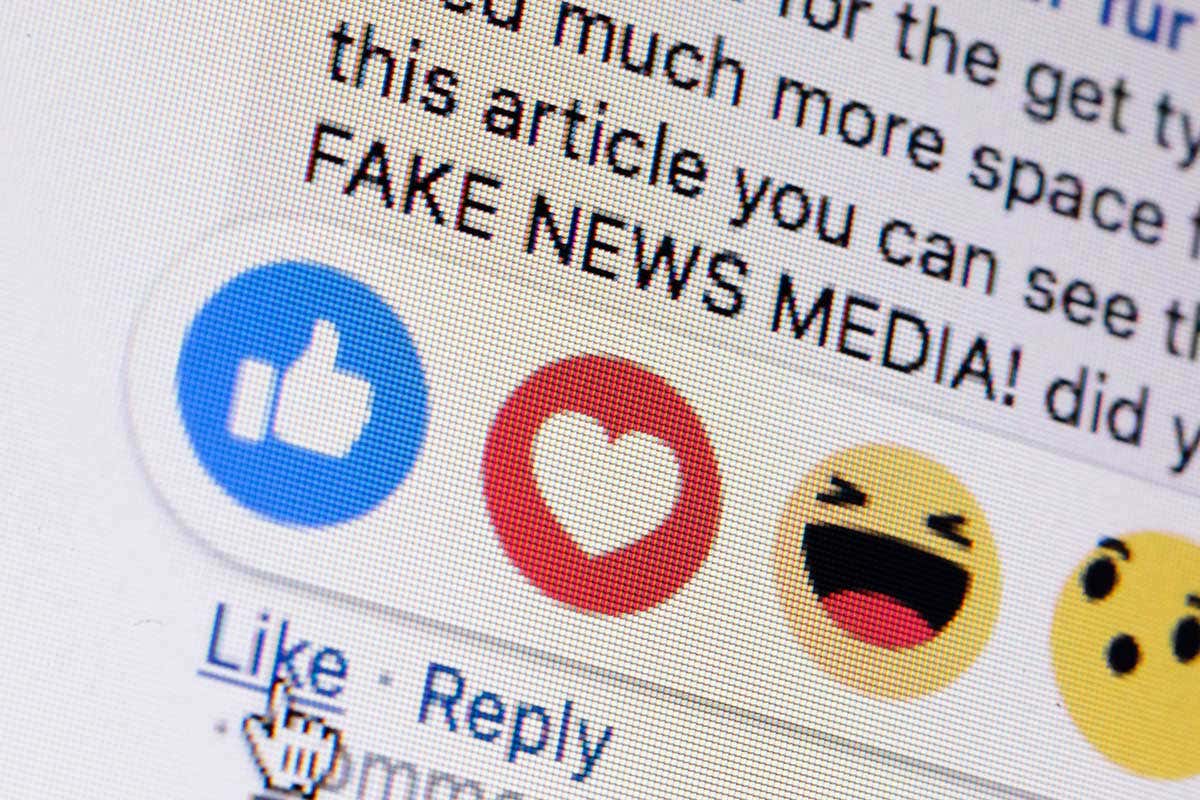
I&B invites agencies to help curb fake news, floats tender for fact-checking

In order to fight fake news and misinformation on social media, Broadcast Engineering Consultants India Limited (BECIL) has put forward a tender inviting agencies to provide “solution and services” related to “fact verification and disinformation detection” on social media platforms.
The central public sector enterprise (CPSE) under the Ministry of Information and Broadcasting also made it must that bidding firms must be able to “identify key influencers behind disinformation” and their geo-location.
Appreciating the move and terming it a witch hunt, law, and other fake news dispelling experts said, this opens up avenues for illegal surveillance by the government.
“If we do not know what fake news is, how is the tender awardee going to distinguish between what’s fake and what’s real? What exactly needs to be identified and checked? It does open an easy avenue for illegal or unethical surveillance,” Salman Waris, Founder, and Partner, TechLegis Advocates & Solicitors told Indian Express.
Related news: Bengaluru: Migrants throng Palace grounds for spl trains due to ‘fake news’
However, BECIL has not yet provided any definition of fake news or misinformation.
It is also not known whether any agencies had bid for the tender floated on May 13.
The news of tender comes amid the Ministry of Electronics and Information Technology (MeitY)’s April statement that they are working on the final draft of the Information Technology Intermediary Guidelines and Guidelines for Use of Social Media Regulations 2020.
In the absence of any definitive guidelines regarding the fake news in India, the government has time and again put the onus of curbing the disinformation on social media authorities.
After several mob lynching incidents were reported across the country in 2018, the IT Minister Ravi Shankar Prasad had asked social media platforms to put technology to better use to curb fake news and misinformation.
It’s been known that Facebook-owned WhatsApp is widely used in India to spread fake news and has been coming continuously under scanner for the same.
Earlier during the mob-lynchings cases and this February to spread communal hate several WhatsApp groups were created to circulate inflammatory texts, audio, and video messages to rally crowds.
The app also faced the ire of the government for failing to control the spread of false and provocative messages.
Similarly, Twitter too lately has been criticism for not effectively containing fake news and misinformation. Although, Twitter has of late started labeling tweets as fake news.
According to Pratik Sinha, co-founder of fact-checking platform AltNews, identifying the influencers behind fake posts or viral news may also not be as easy.
He added that it is not always necessary that the person who posted the news wanted to spread the misinformation, it may also be a state of fear and misconstrue things.
Related news: Notice issued against Karnataka-based Public TV for airing ‘fake news’
The BECIL tender also proposes the use of Artificial Intelligence by the bidding agencies for “data classification and clustering”.
However, experts say that use of AI won’t help much as machine learning can only happen when there is enough and relevant database from which the software can predict and learn to classify.
Sinha said the best way to spread awareness among people is via campaigns on how to fact check.
“Platforms such as Twitter and Facebook could provide disclaimers on old videos and photos which are recirculated,” he said.

